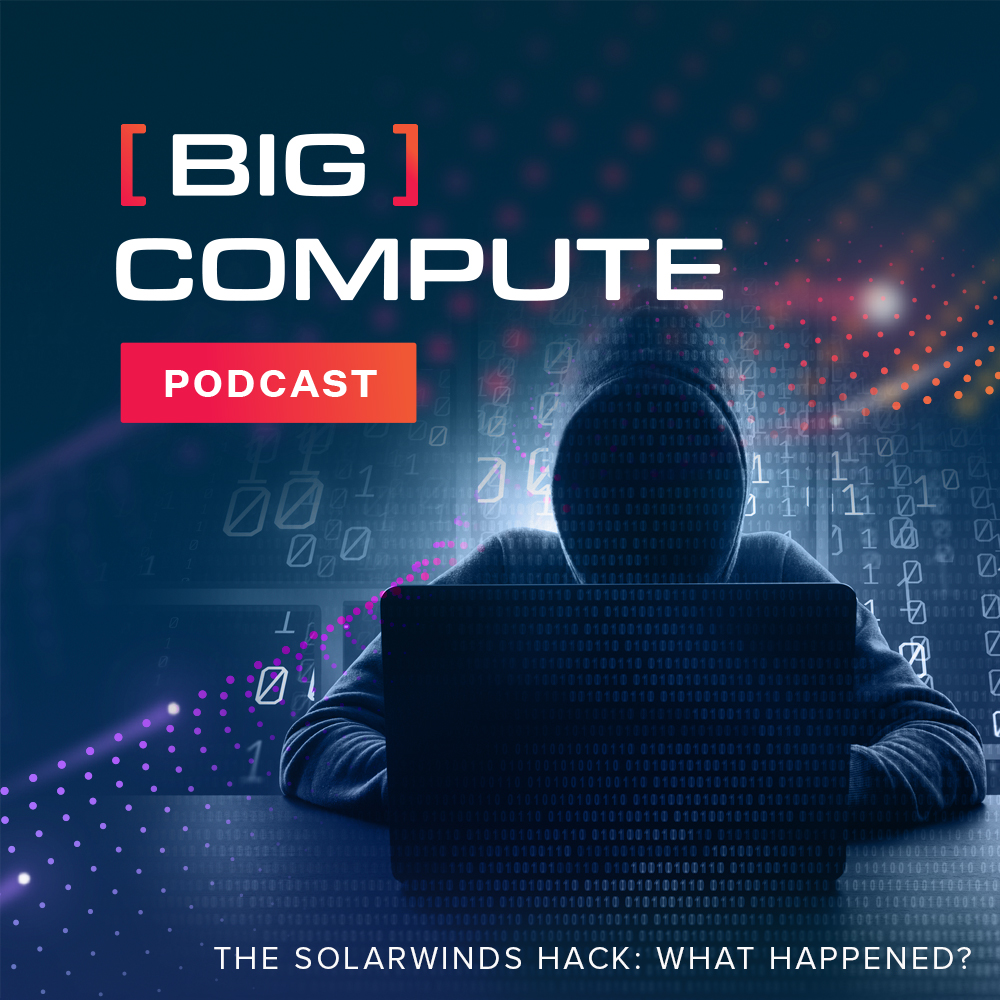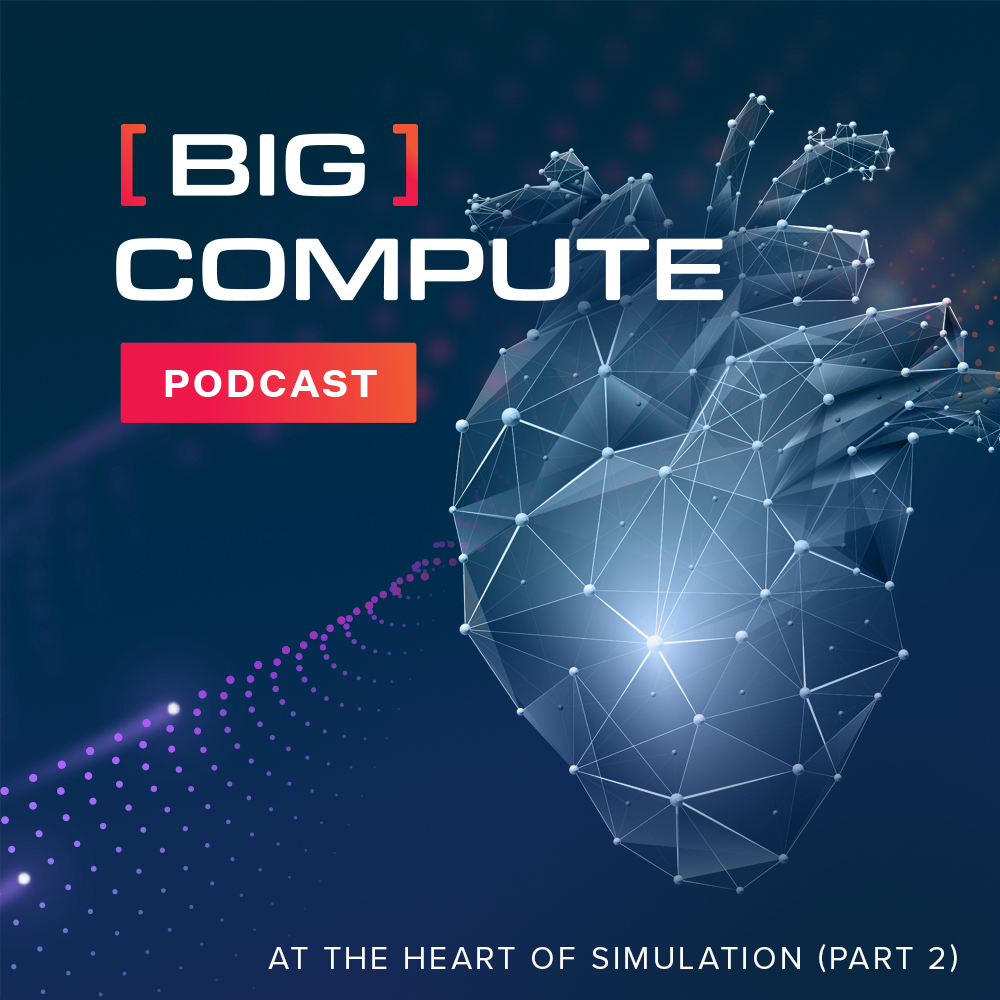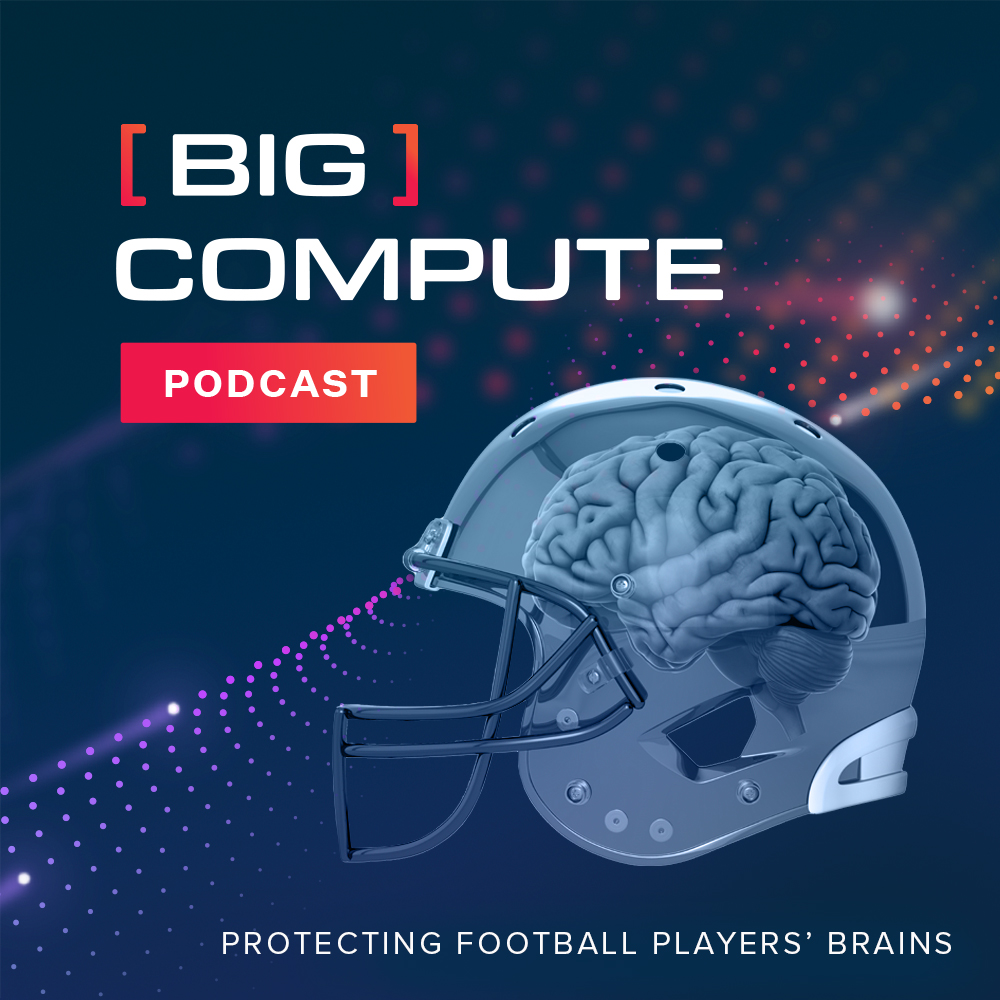Imagine you had a digital twin -- a computational model of yourself with not only all of your physical and physiological characteristics uploaded into it in real time, but also your thought patterns, personality traits, and opinions. Suddenly, doctors would know exactly what treatments would be best customized for you if you got sick or experienced emotional trauma, or even what medical abnormalities could be in your future and how to prevent them in advance. While it’s the kind of material screenwriters latch on to for TV episodes and movies, the day may be on the horizon where we can drop the “fiction” in this type of “science fiction.” In fact, this kind of technology is already being used to track machines and systems in fields like aerospace, automotive, energy, utilities, and building design, with enormous advancements around the corner. In this episode, we speak to Dr. Karen E. Willcox -- an expert on digital twins -- about what digital twins can do for us in the present, and how they could greatly change the world in the future.

It was a dark day in cybersecurity when the world realized that the largest and widest reaching data breach in history had hit over...

In the last episode, we were introduced to Tom -- a man who was flung into a medical twilight zone of heart issues and...

It hasn’t even been two decades since the discovery was made -- Small repetitive hits to the head over time accumulated in football games...